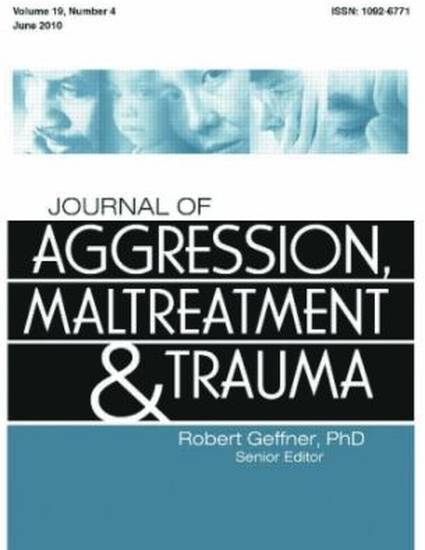
Article
The Unique Relationship of Emotion Regulation and Alexithymia in Predicting Somatization Versus PTSD Symptoms
Journal of Aggression, Maltreatment & Trauma
(2012)
Abstract
Posttraumatic stress disorder (PTSD) has received considerable attention in the field of trauma studies. Yet trauma survivors suffer from other psychological and physical symptoms including somatic complaints, or somatization. The extent to which the same emotional processes that predict PTSD are implicated in somatization has remained relatively unexamined. We contend that emotion regulation difficulties and alexithymia are also implicated in somatization, and the way in which these factors interact differentially place one at risk for somatization or PTSD. Regression analyses revealed that emotion regulation difficulties were more highly correlated with somatization for individuals who also reported greater alexithymia. This interaction was not observed for PTSD symptoms where both alexithymia and emotion regulation difficulties uniquely predicted PTSD symptoms.
Keywords
- alexithymia,
- emotion regulation,
- PTSD,
- somatization,
- trauma
Disciplines
Publication Date
2012
DOI
10.1080/10926771.2012.686964
Citation Information
Michelle Lilly and Christine Valdez. "The Unique Relationship of Emotion Regulation and Alexithymia in Predicting Somatization Versus PTSD Symptoms" Journal of Aggression, Maltreatment & Trauma Vol. 21 Iss. 6 (2012) p. 609 - 625 Available at: http://works.bepress.com/christine-valdez/14/
